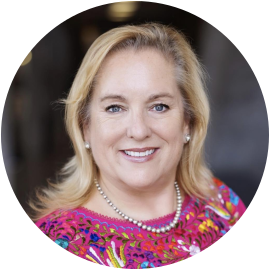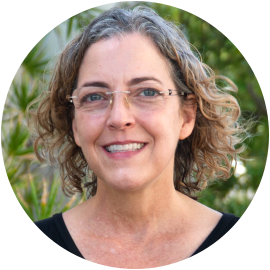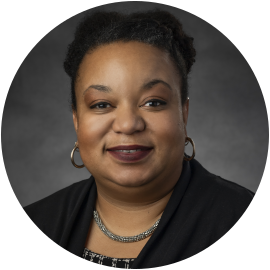Second Vice President Candidate |
Statement:
In responding to the question what significant issues may confront ATE, I can think of at least four that would need to be addressed. First and foremost, is maintaining and increasing membership, especially in our state units. I strongly believe that our state units are the very foundation of ATE. We need to support them by whatever means possible. If our state units are robust and active, so will ATE. Second, we need to provide more outreach and professional development beyond our conferences. Offering online professional development throughout the year at an affordable cost will keep us in the hearts and minds of educators and let them know that we are more than a conference. Third, we need to address head-on the issue of teacher recruitment and retention. This is a national issue that is having profound effects in our PreK-12 classrooms, as well as in our teacher prep programs. Lastly, we need to bring back the honor and joy of teaching. In a world full of political and social strife, we need to do our best to emphasize how rewarding teaching can be. Afterall, one book, one pen, one child, and one teacher can change the world. (Malala Yousafzai). Biographical Notation: Dr. Valerie Wright has been a Professor at Saint Leo University since 2002. Currently, she is Co-Chair of the 2025 Conference Planning Committee for New Orleans, and a member of the ATE Commission on the Reexamination of Teacher Education Standards. Dr. Wright is Executive Director of FATE, as well as the Executive Secretary for SRATE. Over the years, Dr. Wright has served in several leadership positions at SLU, such as President of the University Senate, President of the Faculty Union, and as Chair on the Curriculum Committee. Dr. Wright is also a co-advisor for the Florida Future Teachers of America. |
|
All ATE members eligible to vote may complete the ballot by following the button below.
Once you are signed in, you will automatically be taken to the ballot.
Once you are signed in, you will automatically be taken to the ballot.
Scroll up on this page to view information on all candidates.






